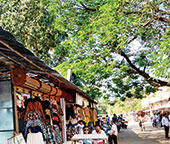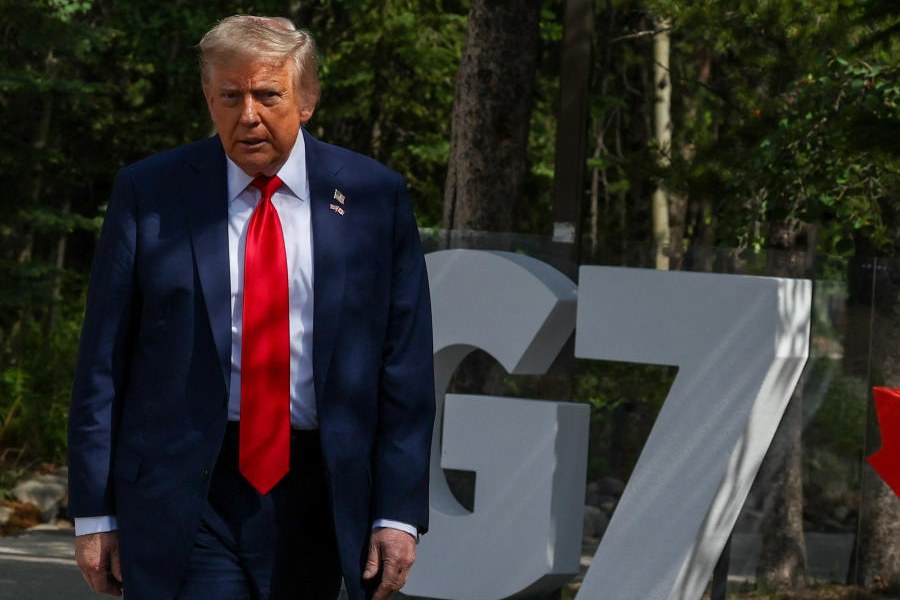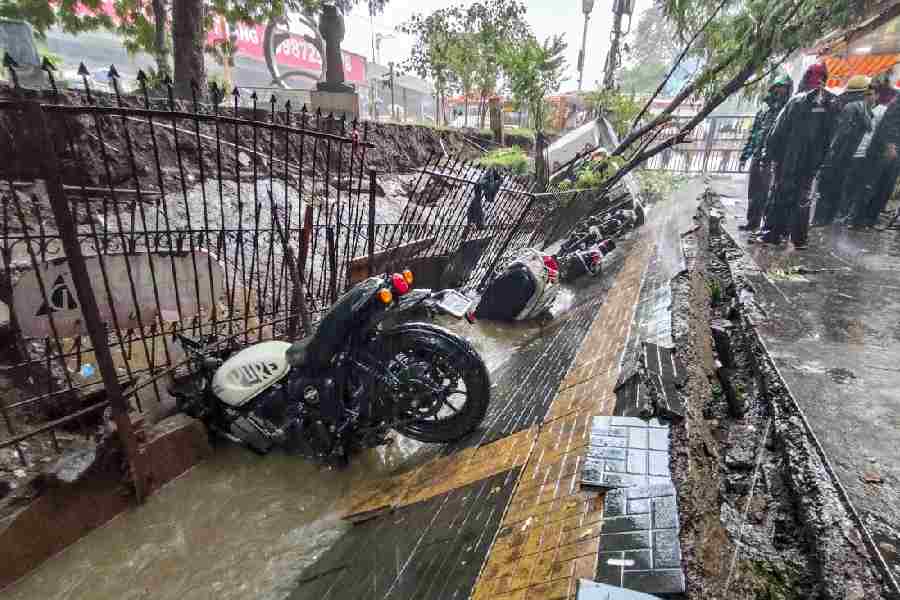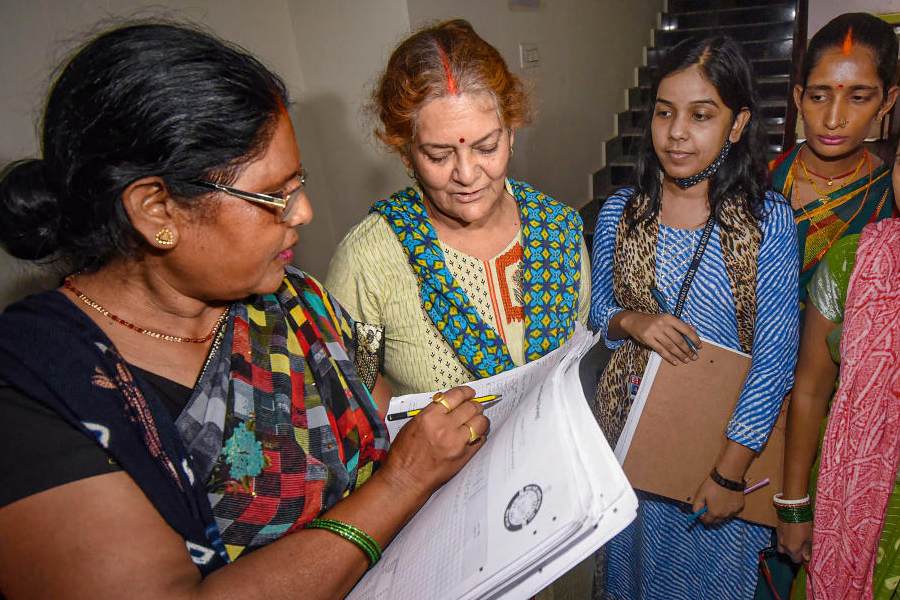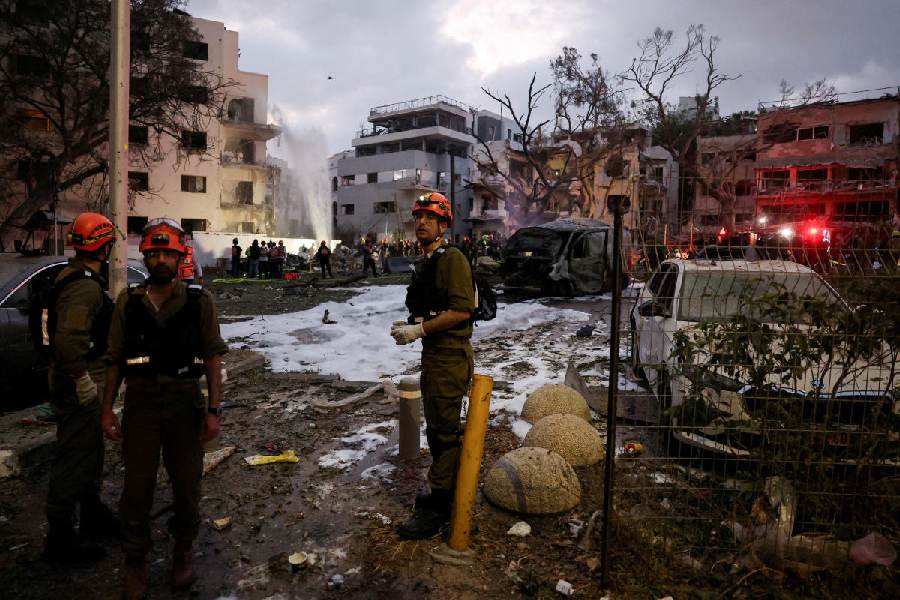 |
| A vending zone at Unit-II, Bhubaneswar. Picture by Ashwinee Pati |
Bhubaneswar, May 29: A survey will be launched shortly to ascertain the exact number of vendors in the city for issuing them photo identity cards.
At present, vendors conduct their business in an unregulated manner that often creates traffic chaos. Many of them have also been operating from unauthorised vending zones.
The assistant commissioner (slum) of Bhubaneswar Municipal Corporation (BMC), Binay Kumar Dash, said: “As the exact number of street vendors is not yet known, we will conduct a survey and provide photo identity cards to them so that multi-location operation by vendors comes to an end. We will also decide the location of each vending zone and assess its maximum holding capacity to ensure that there is no overcrowding.”
Dash said that the housing and urban development department has been requested to provide funds for the survey and issuing of identity cards to the vendors. He said the formalities with regard to the survey would have begun by now, but the model code of conduct for elections in ward No.19 came in the way.
According to sources in the corporation, there are around 17,000 to 18,000 vendors operating in the city. But their exact number is yet to be determined.
The town vending committee, consisting of representatives of the BMC, the general administration department, the city police, various vendors’ associations, some senior citizens and social service organisations, has decided to divide the urban area into three broad categories — restriction-free vending zones, restricted vending zones and no-vending zones — so that demarcations are clear and traffic flow is not obstructed.
At present, vending zones are functioning in the city without any restrictions, causing many civic problems, including traffic snarls. Most of the arterial roads are crowded.
Mayor Ananta Narayan Jena said: “The new strategy, which is based on the urban street vendor policy, will ensure that not a single road is affected by parking of vehicles near any vending zone.”
A senior official of the corporation said that there were 46 official vending zones of which three were demolished following expansion of roads.
“Now, there are only 43 zones in the official records. But in reality, there could be 10 more such vending zones functioning illegally in the city,” he said.
Once the survey of the vendors and vending zones is over and the illegal vending zones are identified, the corporation, the general administration department and the police will inspect the places and stringent action will be taken if vendors are found to have kiosks in the no-vending zone areas.
Pratap Sahu, president of All-Odisha Roadside Vendors’ Association, welcomed the decision of the town vending committee.
However, he expressed dissatisfaction over the delay in the implementation of the Union government’s urban street vendor policy in Bhubaneswar.

